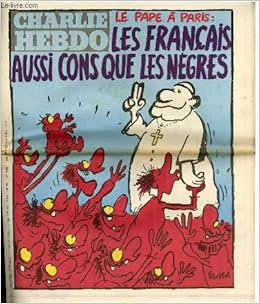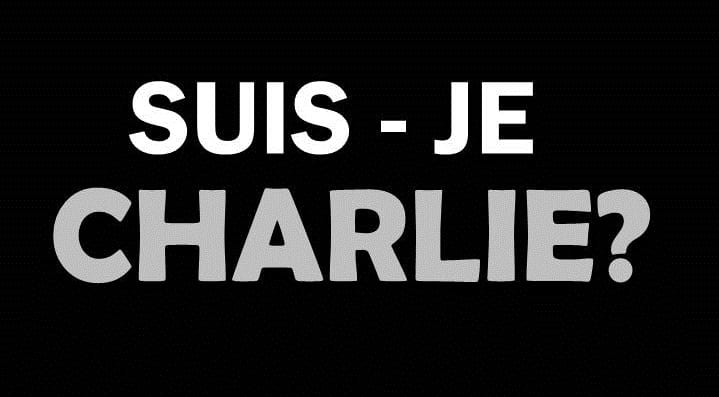
Interfaith ScholarJulian Vasyl Hayda gives his thoughts on the recent Charlie Hebdo attacks and response.
While by no means do I condone or even try to excuse Wednesday’s terror attack on Charlie Hebdo, I find it difficult to excuse the content that provoked it. Charlie Hebdo, according to its editors, is openly “anti-religion” and “very racist,” and the buck doesn’t stop with Islam – they also disgrace Christianity, Judaism, and other religions. While people are free not to practice a religion, it still is incredibly important and very sensitive to many others. I agree that sometimes people are overly sensitive to their religions, but this cover, for example, crosses even liberal lines. It reads “Parisians who love the Pope are as dumb as Negroes.” There is another that’s supposed to depict the Holy Trinity in a threesome, and another with the Prophet Mohammed popping into his own mouth.
Don’t get me wrong, I don’t think they should have been banned, or sued, and certainly no less killed. I’m a big believer of artistic expression and freedom of press. However, this was neither for sake of art, nor was it journalism – it was provocation. This is a case of a group of people being offensive for the sake of being offensive. Honest social commentary doesn’t have to be that offensive.
Now, this publication which treats and depicts people with below the least respect, is being treated like a martyr. For a paper that few people paid attention to or heard of, with a news stand circulation of 30,000, its message of intolerance has reached a massive new audience, and I find that very troubling. A mature person, who lives in the modern world, and no matter how offended he may be, knows that the best way to handle this situation is to ignore it. As pope Francis said, it’s best to be Teflon – let nothing stick, let it roll off.
I pray for the families of those killed, and am horrified at what happened to them. Nobody should be killed for their beliefs, offensive or provocative as they may be. However, I will not defend Charlie Hebdo’s actions, or people standing in solidarity with them and their message. To quote a fellow Facebooker, “emphatically, je NE suis Charlie.”
